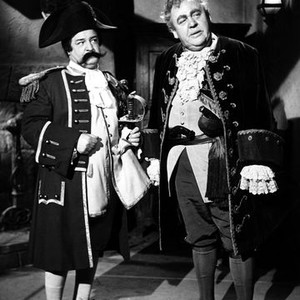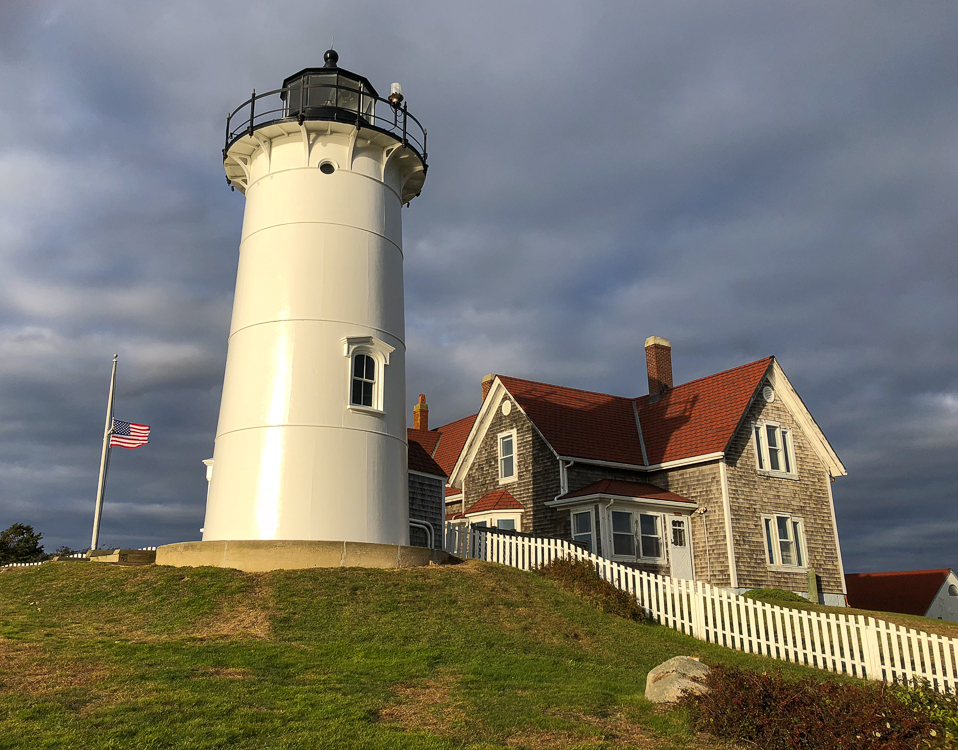

The bar’s front door opened on Water Street, the main street of Woods Hole, and the bar was a long, narrow room, behind which was a screened-in porch standing on pilings over Eel Pond. When I was six, Captain Joe once gave me a quarter after church. The Captain Kidd was graced by a full-sized wall mural of the burying of the treasure, painted by Captain Joe, a very popular bartender and personality at the Casino Bar and Nightclub in Falmouth Heights.

In fact, Captain Kidd, not unlike the pirates working there today, frequented Wall Street. King William the Turd as he was generally known by his subjects, and the colonial governor of New York. Legend has it that, after he accumulated his bounty and buried it somewhere along the East Coast, he killed all his diggers under the concept that "dead men tell no tales." He was a highly literate sea captain who was a privateer in the employ of both King William III, a.k.a. The Captain Kidd Bar was named after the famous pirate, Captain William Kidd, who derived most of his notoriety from his protocol for dealing with classified information. These entrepreneurs wanted to turn it into a preppy bar. In a pinch, a few connections wouldn’t hurt.īefore Sher and Crowley bought the bar, it was frequented by sailors, fishermen, Coast Guardsmen, and bikers. I had two other things going for me: I was a 240-pound defensive lineman, and my Uncle Arthur Robichaud was night captain of the Falmouth Police Department. I remember once carding my high school English teacher just for the hell of it. One night, when I was in the bar, they offered me a job as doorman because they figured that, as a high school senior, I knew approximately how old everybody was -my job was to keep the minors out.

If the establishment got caught serving the under-aged, the bar would immediately lose its license. The first selectman, the New England equivalent of a town mayor, told them that, when the drinking age was twenty-one, nineteen-year-olds were drinking and now that the age limit had been lowered he didn’t want to see any seventeen-year-olds drinking. Two guys from Boston, Michael Shers and Bill Crowley, bought the Captain Kidd in Woods Hole, Massachusetts. In response to the increased market, entrepreneurs started to buy old bars, nightclubs, and pubs. By all statistical measures, their plan worked surprising well. I’m not sure of the logic behind the change in the law, but it went something like this: with the Vietnam War winding down, not enough eighteen-to-twenty-one-year-olds were dying, which was depressing the mortuary industry, so our lawmakers figured they could augment war fatalities with DUI deaths. When order was restored, my mind wandered to the amazing day when I was a senior in high school and they lowered the drinking age to eighteen. You don’t have to go home, but you can’t stay here." Bill told the young man, "Come on, the night’s history. He was in hot pursuit of yesterday’s minor celebrating his induction into the drinking majority. Backlit by the bar lights, the six-foot five bouncer, Bill Wixon, looked disturbingly like Frankenstein, even without the neck bolts. My reminiscence of Dad’s words of wisdom was interrupted when an eighteen-year-old celebrating his birthday decided he could join in the nightly after-hours party, staggering to the dark porch after bouncing off both door jambs of the four-foot-wide door. I remembered my father saying, "What the hell’s wrong with you? Are you gonna work in a bar your whole life?" Not so subtle perhaps, but certainly a sign. I thought about how often you pick up hints, see signs, and receive subtle messages that tell you when to make the big decisions. I would be taking a flight from Providence, Rhode Island, to Virginia, starting a whole new life in the U.S. While waiting, I started to think about the next day. We had to be down to the staff and selected inner circle before my going-away party could start. It was late August 1978, 2:15 a.m., and I was sitting in the dark on the back porch of the bar while they kicked the last of the regulars out. "Those Were the Days," Gene Raskin, Mary Hopkin Remember how we laughed away the hours, Think of all the great things we would do." " Once upon a time, there was a tavern, Where we used to raise a glass or two


 0 kommentar(er)
0 kommentar(er)
